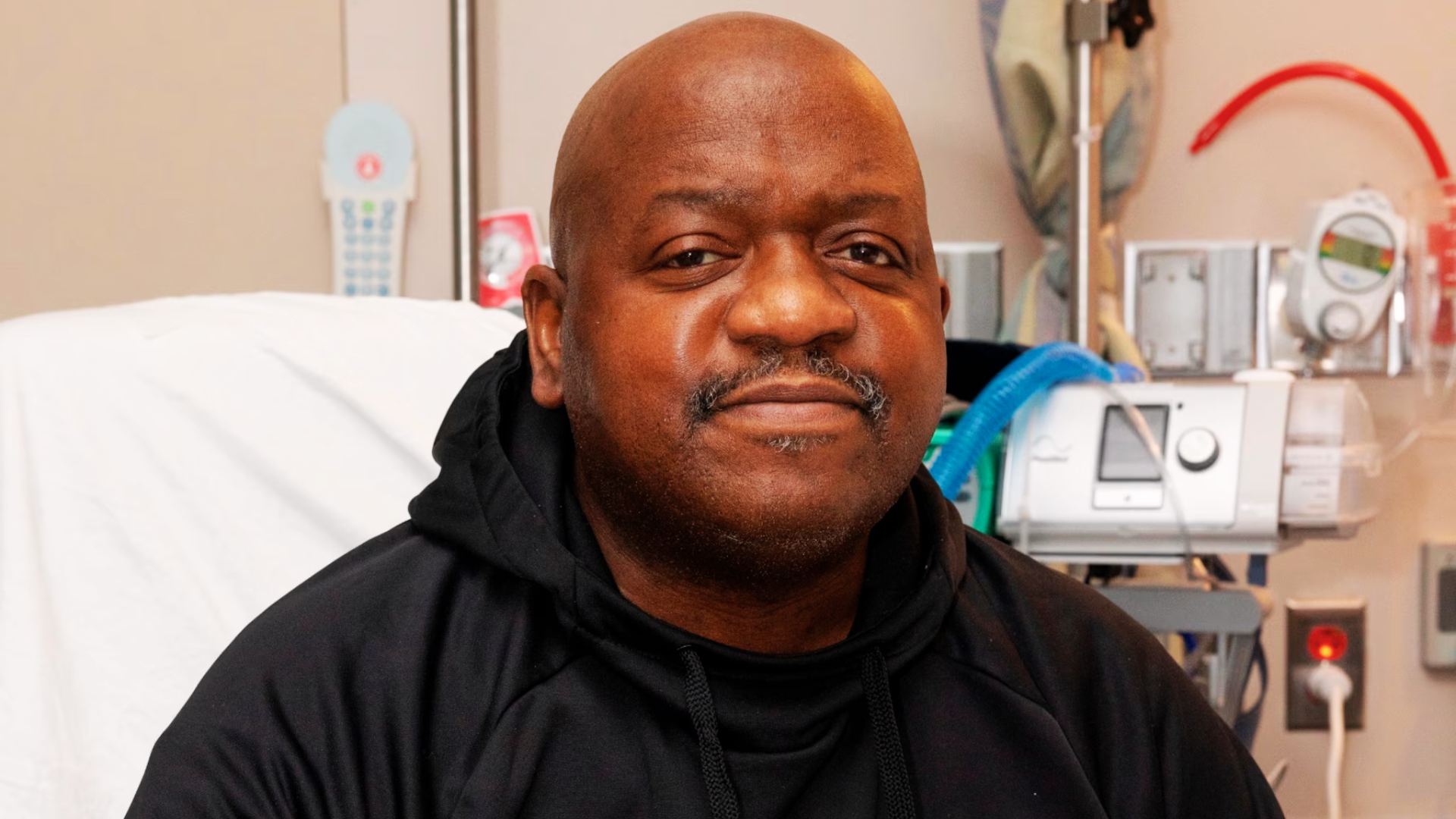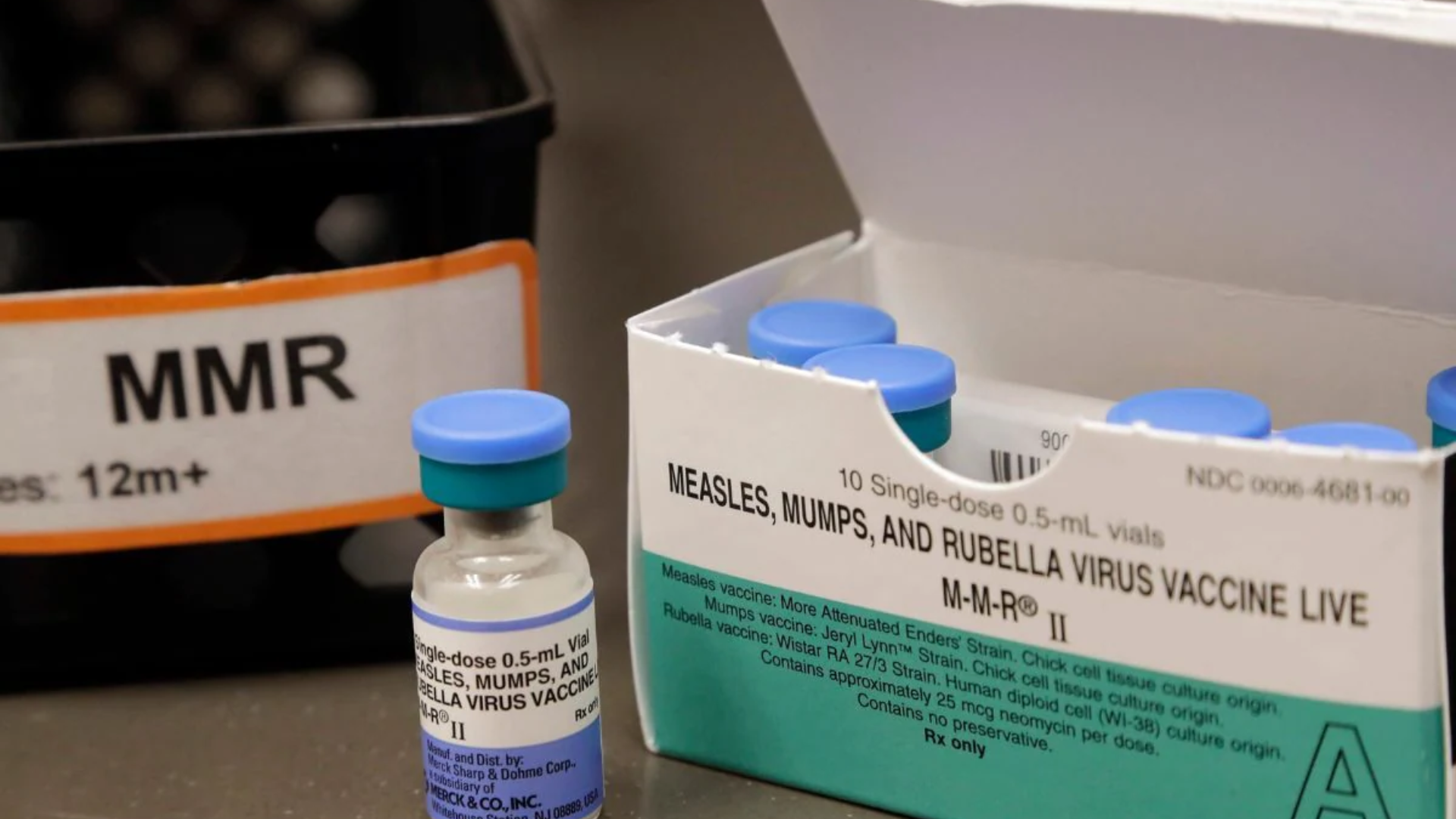










In a groundbreaking development in dental medicine, researchers at the Medical Research Institute Kitano Hospital in Japan have announced their progress in developing a drug capable of regenerating teeth. Following successful trials in mice, the team is now poised to initiate the next phase of testing in humans, potentially revolutionizing dental care.
The journey towards this remarkable achievement began with a significant breakthrough in 2007, when the research team identified a specific gene responsible for the development of extra teeth in mice. Utilizing this discovery, they formulated a chemical compound that successfully stimulated the growth of new teeth in these rodents. Given the genetic similarities between humans and mice, the researchers were optimistic about translating these findings into a viable treatment for humans.
The scientists have been diligently working to adapt the drug for human use and are now seeking participants for clinical trials. The initial focus will be on individuals with oligodontia, a condition characterized by the congenital absence of six or more teeth, affecting approximately 0.1% of the population. This condition poses significant challenges, including underdeveloped jawbones, which complicate traditional dental implant procedures.
The potential impact of this innovation is substantial. In Northern Ireland alone, the NHS reported the extraction of 12,000 teeth between 2022 and 2023. This statistic brough to light the widespread need for improved dental restoration solutions. The ability to regenerate teeth could transform the lives of countless individuals, offering a natural alternative to dentures and implants.
Also read: New Study Associates Chronic Insomnia With Ultra-Processed Food
The researchers aim to have the drug ready for dental practitioners within six years. The envisioned treatment would involve injecting the drug directly into the jawbone, where it would promote the growth of new teeth. This method promises to restore patients’ ability to chew and smile confidently, marking a significant leap forward in dental care.
Dr. Takashi Tsuji, a leading figure in the research, expressed optimism about the potential benefits. “Our goal is to provide a permanent solution for those suffering from tooth loss and congenital dental anomalies. We are excited to move forward with human trials and are hopeful about the outcomes.”
As the research team at Kitano Hospital moves towards human trials, the dental community and potential patients alike are watching with great anticipation. Should these trials prove successful, the development of a tooth-regenerating drug could herald a new era in dental treatment, offering hope and improved quality of life to millions around the world.









